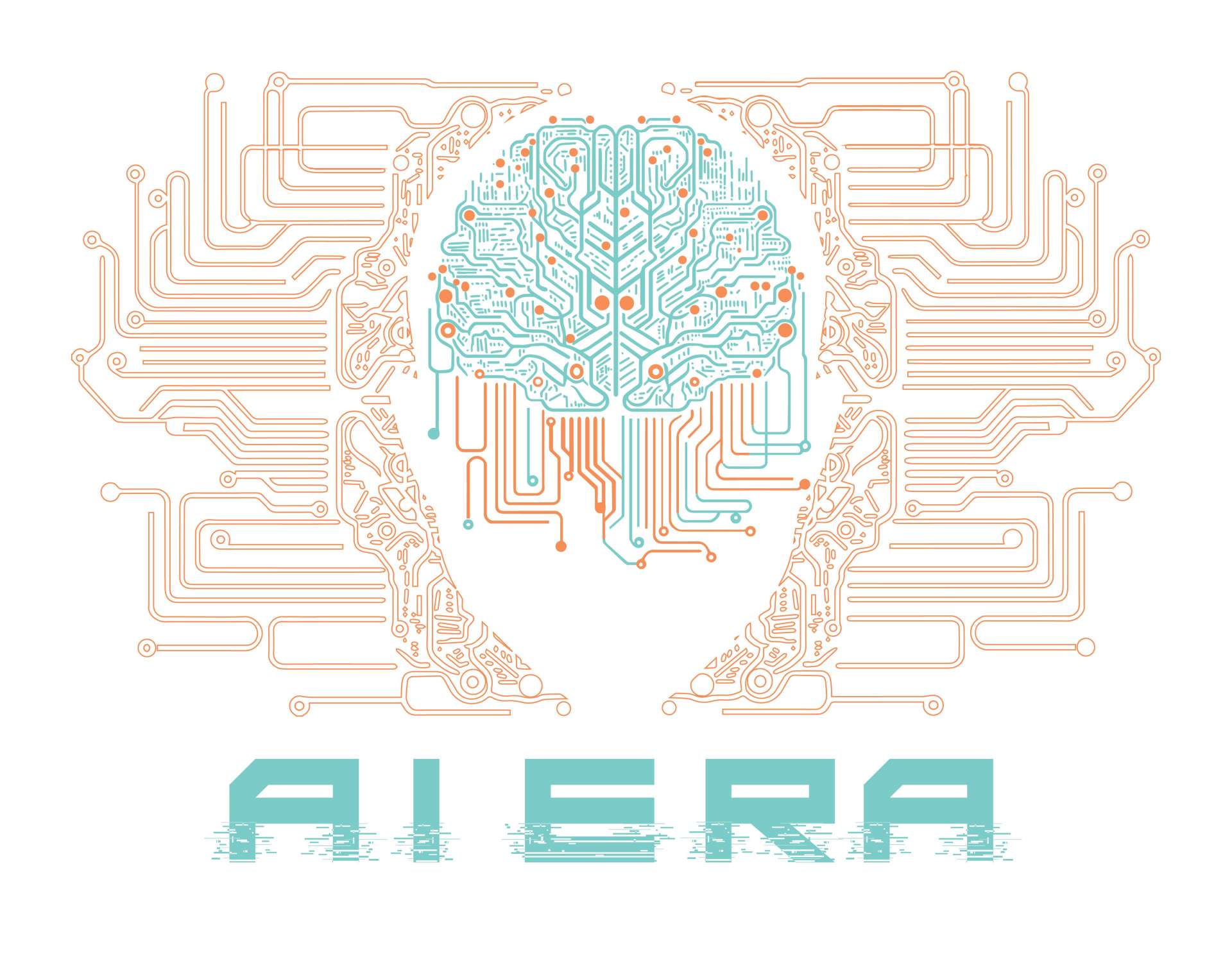Summary
In today’s rapidly evolving world, artificial intelligence (AI) has become a defining feature of our societies. While AI presents incredible opportunities, it also brings significant challenges, particularly for young people.
If you are passionate about these topics and interested in collaborating with peers from around the globe to exchange knowledge, skills, and ideas you are the perfect candidate for our immersive youth exchange that aims to address the pressing needs and challenges associated with AI competence and awareness among young individuals through dynamic discussions, hands-on activities, and collaborative projects.
What to Expect
Participant Profile
Location and Venue
The activity will take place in Rokytnice nad Jizerou at Chata pod Lipami: https://www.chatapodlipami.cz/cs/.
Participants will be accommodated in shared rooms, housing 4-6 individuals, with room assignments based on international diversity and separated by gender.
Each participant will be served three meals per day: breakfast, lunch and dinner.
Participants’ dietary preferences and allergy information will be relayed to our catering staff. This data should be provided during the application process to ensure meals are prepared accordingly.
Activity Schedule
The youth exchange’s core will consist of sessions that invite participants to exchange knowledge and ideas about Artificial Intelligence.
The participants will be encouraged to actively take part in the process of initiating activities such as discussions, interactive workshops and collaborative projects to unlock the potential of AI and to step on a path of shaping a brighter future for all.
Day 1-2:
At the beginning of our youth exchange we will focus on team building activities designed to lay out the group dynamic, bring participants together to collaborate effectively, to create a supportive environment, to enhance communication skills and to foster a sense of community and shared purpose.
Day 3:
Sessions of this day will be focused on introduction to AI, sharing foundational knowledge about it and stimulating critical thinking regarding its impact on society and our daily life. Following that we will focus on AI ethics and gaining understanding of ethical considerations in AI technology.
Day 4:
The activities regarding AI ethics will continue with higher emphases on AI’s involvement in spreading misinformation and other ethical dilemmas surrounding AI encouraging participants to involve their problem-solving skills as well as to share their own ethical principles.
Day 5:
One of the main discussed areas of the day will be responsible AI usage. Participants will be addressing topics of potential advantages and risks of AI technology which will be followed by activities built around AI-related privacy breaches and their personal and societal consequences including exploring strategies of protection of privacy and responsible data-handling practices.
Day 6:
Activities of the day will try to shed light on AI in education and on AI-enhanced learning, showcasing the potential benefits of it in personal development of pupils and students. Next participants will explore the intersection of art and AI by combining creative ideas with AI-driven tools.
Day 7:
On this day we will dive into the world of AI Text generation Tools and their areas of usage, and impacts focused on the phenomenon of fake news. Participants will be invited to enhance their ability to critically analyze AI-generated content and to recognize and differentiate reliable and misleading information. We will finish the day with sessions about the possible future of the AI-driven world.
Day 8:
The last day of the youth exchange will be dedicated to evaluation tasks, planning future disseminations within the local communities of the participants and completing YouthPass certificates.

